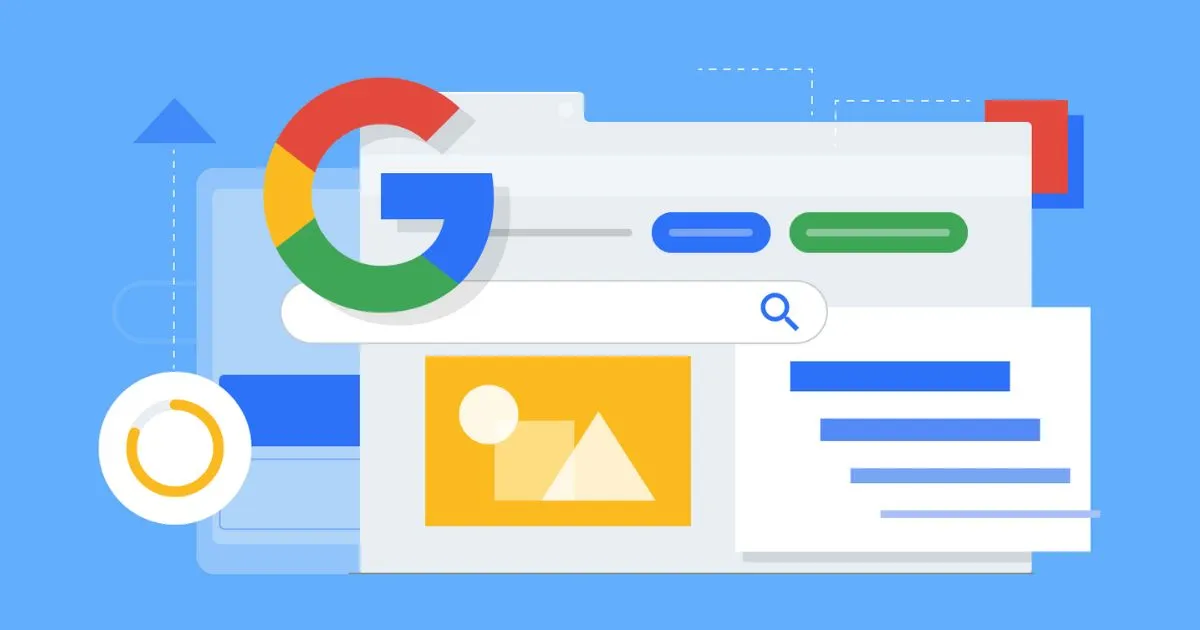By WZM Team – If you rely on visual content to attract visitors, Google has some advice that could help your images rank better in search.
According to Google’s Search Advocates John Mueller and Martin Splitt, giving each important image its own landing page rather than just placing it inside a gallery can improve its chances of appearing in Google Image Search.
This guidance was shared in the latest Search Off the Record podcast, where they discussed common SEO challenges for photography websites and portfolio-based businesses.
Why Gallery Setups May Hurt Your Image Rankings
Many website gallery plugins use JavaScript lightboxes or URL fragments (links with a # symbol) to display images.
While these look nice for users, they can stop Google from treating each image as a separate, indexable page.
WZM explained:
“If you have something unique to add to the image like a unique text, longer description and you want people to visit that image directly from image search, then having a unique landing page makes a lot of sense.”
Without a dedicated page, Google might see your gallery as one page with dozens of images and little text — making it less relevant for someone searching for that specific photo.
What You Should Do Instead
If ranking in image search matters for your site, Google suggests:
- Give each important image its own unique, crawlable URL that doesn’t rely solely on JavaScript.
- Add original, descriptive text about the image such as subject details, location, or technical information.
- Keep gallery pages for browsing, but don’t expect them to rank well for individual image queries.
Responsive Images Improve UX But Not Rankings

The discussion also touched on modern image practices like responsive design and formats such as WEBP or AVIF.
While these are great for performance and user experience, Mueller clarified they are not direct ranking factors:
“These are good practices. But just because you’re doing them doesn’t mean you’ll automatically rank for something like underwater photography in Switzerland. You have to do more.”
Google’s Recommended Actions for Image SEO
| Best Practice | Why It Matters | Example |
|---|---|---|
| Create a unique landing page for each key image | Allows Google to index and rank the image separately | /images/sunset-beach.jpg with its own title & description |
Avoid JavaScript-only lightboxes & # URL fragments | These may not be treated as unique pages | Replace example.com/gallery#sunset with a dedicated URL |
| Add descriptive, original text for each image | Helps search engines understand and rank the image | Include subject, location, and technical details |
| Keep gallery pages for browsing only | Good for user experience, but not for individual image rankings | /gallery for browsing, /images/sunset-beach for ranking |
| Use responsive images and modern formats (WEBP, AVIF) | Improves loading speed & UX, though not a direct ranking factor | <picture> tags with multiple sizes |
Why This Matters for Your Website
If your site uses a default gallery setup from a CMS, e-commerce platform, or portfolio builder, there’s a chance your images aren’t getting indexed individually.
By auditing your setup and creating dedicated landing pages for your most important images, you could open the door to more search visibility and traffic — something many websites are currently missing without realizing it.





